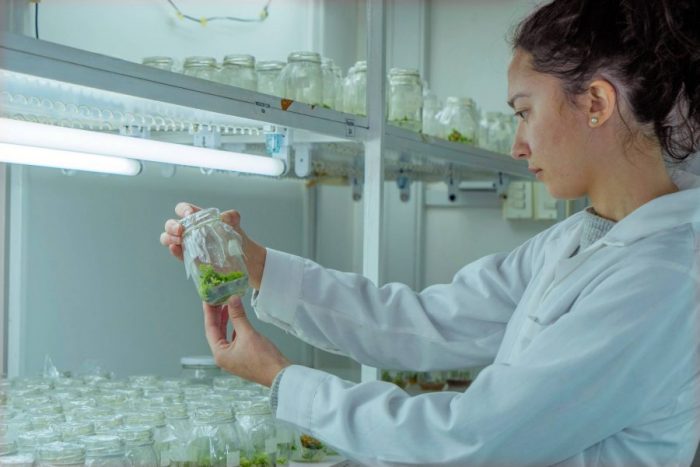Fentanyl Threat: Medical Technology College Trains Professionals on New Protocol

Urgent Training for Medical Professionals: The College of Medical Technologists is proactively equipping its members with crucial knowledge and skills to address the growing threat of carfentanil, a synthetic opioid significantly more potent than morphine.
Understanding the Danger: Carfentanil is a synthetic opioid, estimated to be 10,000 times stronger than morphine. Its extreme potency poses a severe risk to public health and demands specialized protocols for detection, handling, and treatment. This training is designed to significantly reduce the risk of accidental exposure and improve patient safety.
The New Protocol: The training program focuses on a comprehensive new protocol developed in response to the increasing prevalence of carfentanil. Key elements of the protocol include:
- Enhanced Detection Methods: Training on advanced techniques for identifying carfentanil in various samples, minimizing the risk of misdiagnosis and delayed intervention.
- Safe Handling Procedures: Strict guidelines for handling potentially contaminated materials, minimizing exposure risks for medical personnel. This includes the proper use of personal protective equipment (PPE) and decontamination strategies.
- Emergency Response Protocols: Clear and concise procedures for responding to carfentanil overdoses, including the immediate administration of appropriate antidotes (naloxone) and coordination with emergency medical services.
- Awareness and Prevention: Educating medical technologists on the signs and symptoms of opioid abuse and addiction, and promoting preventative measures to reduce the risk of exposure.
Why This Training is Crucial: The escalating opioid crisis has led to a rise in carfentanil-related incidents. Medical technologists play a vital role in healthcare settings, and their competence in handling this dangerous substance is paramount. This proactive training initiative underscores the College of Medical Technologists' commitment to protecting its members and the communities they serve.
Impact on Patient Safety: By equipping medical technologists with the knowledge and skills to safely and effectively manage carfentanil-related situations, the College is directly contributing to improved patient safety and a safer healthcare environment. The program emphasizes a collaborative approach, ensuring that all healthcare professionals are prepared to respond effectively to this critical public health challenge.
Looking Ahead: The College of Medical Technologists plans to regularly update the training protocol to reflect the latest research and best practices in carfentanil detection and treatment. This ongoing commitment to professional development will ensure that medical technologists remain at the forefront of combating the opioid crisis.
For more information about the training program and carfentanil awareness, please contact the College of Medical Technologists.






